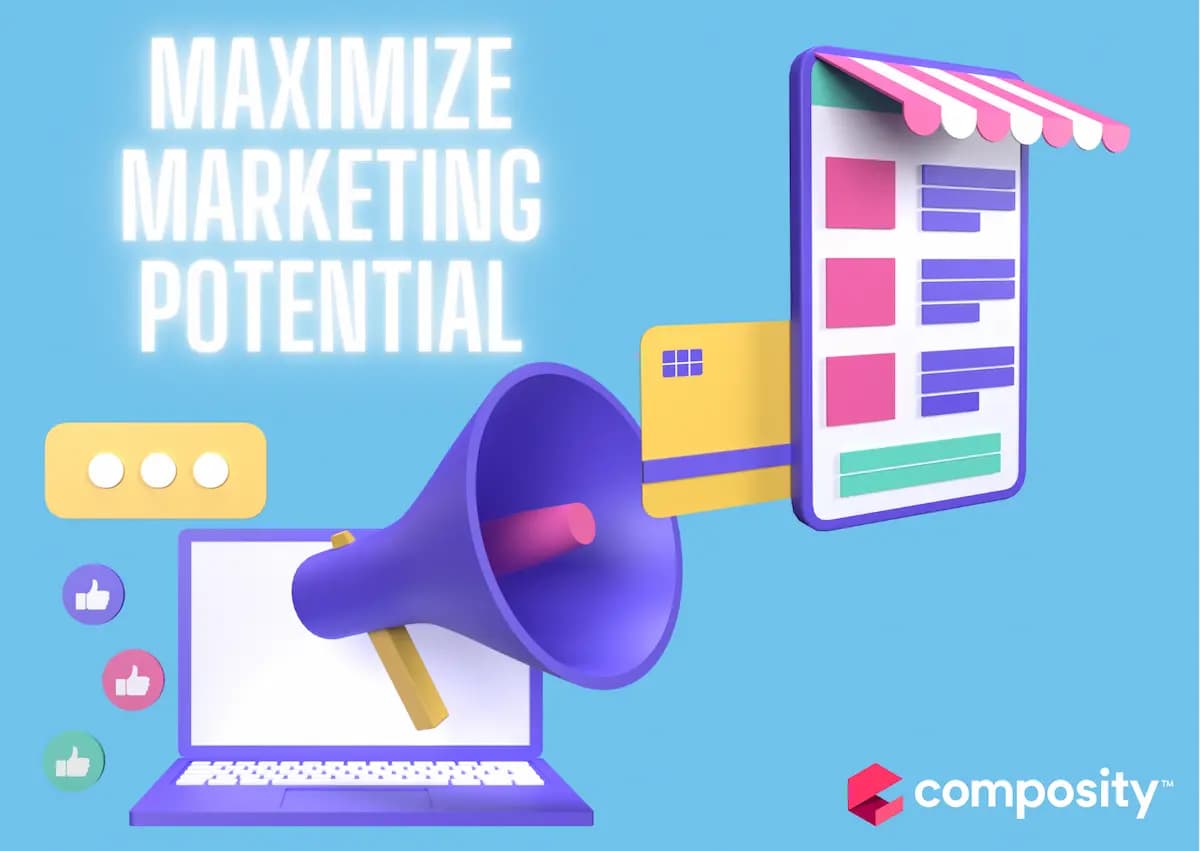Subscribe to our Blog
Get the latest posts in your email

These days, generating leads, building consumer loyalty, and increasing traffic all depend on efficient marketing techniques. A unique feature of eCommerce software is its ability to easily interface with a wide range of marketing tools and tactics, expanding your audience and optimizing your marketing efforts. This post will discuss how The software integrates with email campaigns, social media promotions, affiliate marketing, and other platforms to help businesses maximize their marketing efforts.
An eCommerce software makes it easier to plan and carry out email campaigns, enabling companies to connect with customers directly through their inboxes. Businesses can create eye-catching and captivating email templates, segment their audience based on purchase history or demographics, and automate email workflows for focused communication with built-in email marketing features. The Softwares integrations guarantee seamless synchronization of customer data, allowing for timely and tailored email campaigns that increase engagement and conversions.
Social media platforms present businesses with plenty of opportunities to engage with their target audience and promote brand awareness. The eCommerce software effortlessly connects with social media networks, allowing businesses to promote their products, run promotions, and interact with customers. Businesses can plan posts, monitor performance data, evaluate audience interaction, and streamline their social media marketing efforts. By ensuring an organized and coherent approach to social media marketing, this combination will eventually increase traffic to their e-commerce business and boost sales.
Affiliate marketing is a powerful strategy for expanding reach and driving sales through partnerships with influencers and affiliates. An eCommerce Software simplifies affiliate marketing management by providing businesses with the tools they need to recruit, manage, and track affiliates directly within the e-commerce platform. With integrated affiliate marketing features, businesses can create custom referral links, track affiliate performance, and automate commission payments—all while maintaining visibility and control over their affiliate program. This integration streamlines the affiliate marketing process, allowing businesses to scale their efforts and maximize their ROI.
For businesses that prefer to focus on their core operations rather than managing an affiliate program in-house, partnering with a specialized influencer marketing agency presents a strategic alternative. These external teams bring established networks, expertise in campaign management, and dedicated resources to handle the complexities of recruitment, relationship management, and performance tracking. This allows brands to leverage the power of affiliate and influencer partnerships through a hands-off approach, often leading to more scalable and professionally executed campaigns.
Effective marketing strategies rely on data-driven insights to measure performance, identify trends, and optimize campaigns for success. The eCommerce software offers robust analytics and reporting features that provide businesses with valuable insights into their marketing efforts. From tracking email open rates and click-through rates to monitoring social media engagement and affiliate conversions, businesses can gain a comprehensive understanding of their marketing performance and make informed decisions to drive growth. With integrated analytics, businesses can measure the effectiveness of their marketing strategies, identify areas for improvement, and continuously refine their approach to achieve their goals.
In today's competitive e-commerce landscape, effective marketing is essential for success. The eCommerce software empowers businesses to streamline their marketing efforts by integrating seamlessly with email campaigns, social media promotions, affiliate marketing, and more. With eCommerce Software businesses can leverage the power of data-driven insights, automation, and strategic integrations to drive traffic, boost conversions, and foster customer loyalty. By harnessing the full potential of softwares marketing capabilities, businesses can elevate their marketing strategy and achieve their growth objectives in the ever-evolving world of e-commerce.
Get the latest posts in your email
Empower your business with Composity !